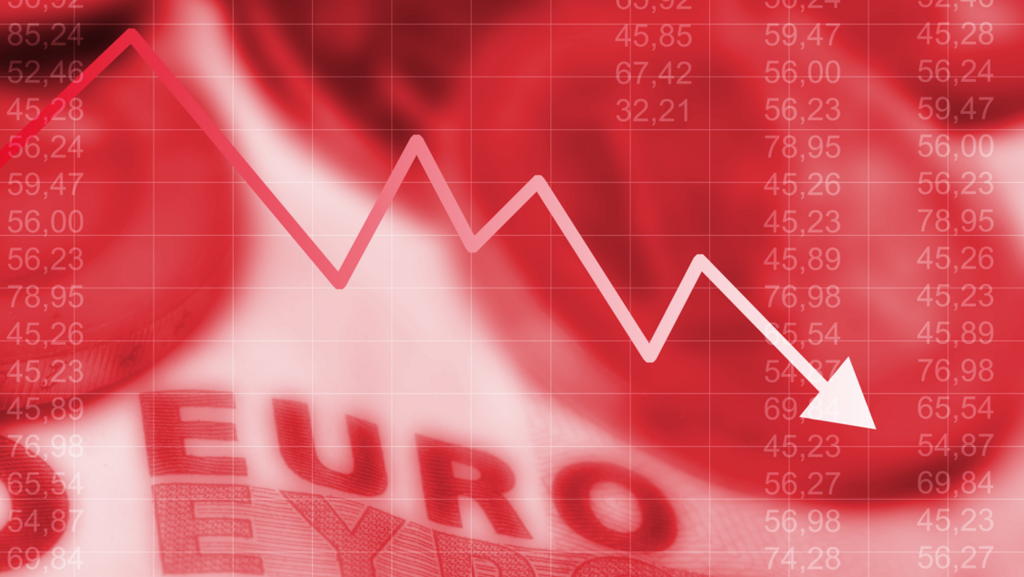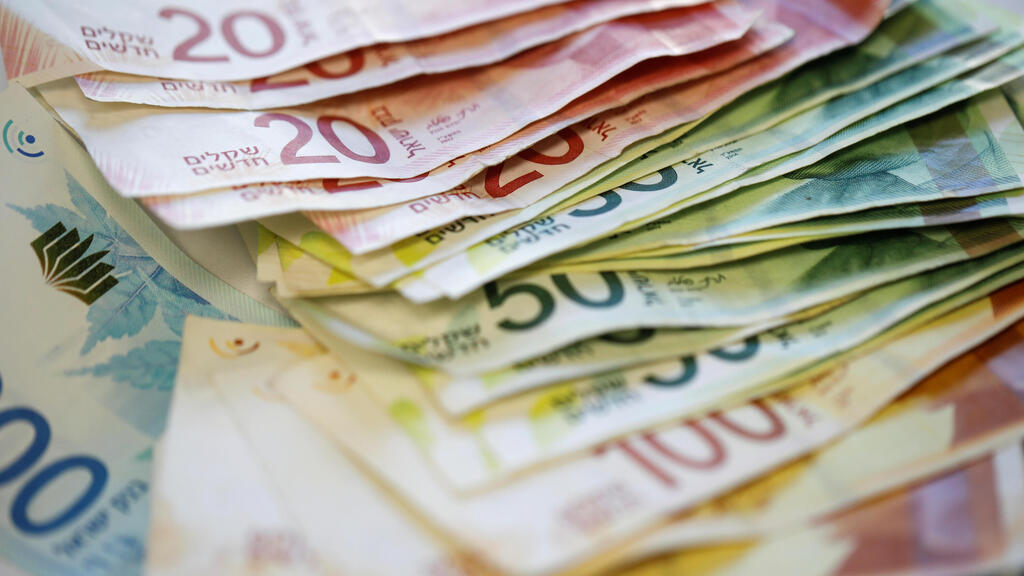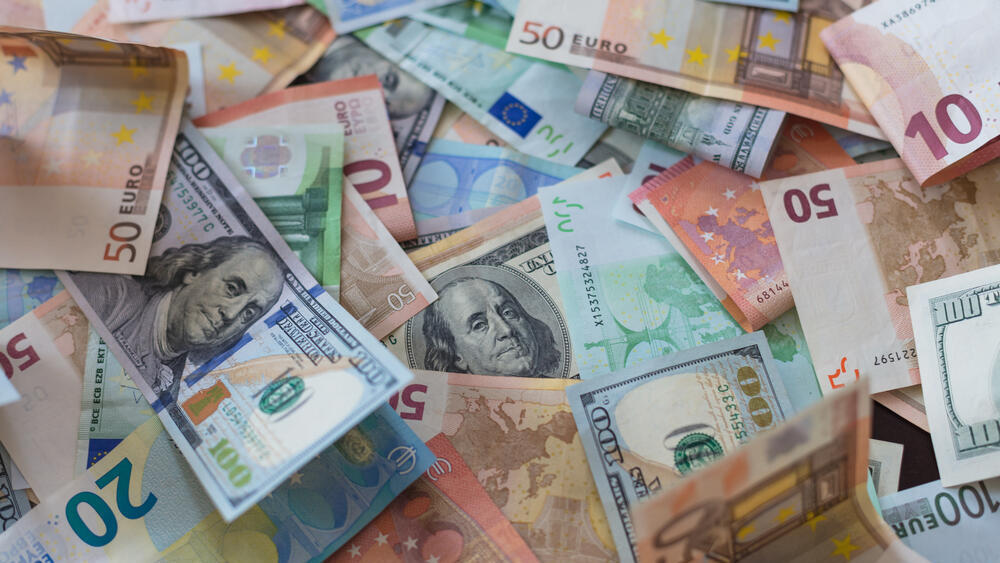The exchange rate between the euro and the U.S. dollar has reached parity for the first time in 20 years and the shift could prove to be beneficial for Israel’s economy, according to economists.
On Tuesday, the value of one euro became nearly equal to $1, a significant shift in the euro’s value that could signal that Europe is heading for a recession amid Russia’s ongoing war on Ukraine. The value of the euro has dropped dramatically since early February when it reached about $1.13.
As a result, Europeans will have to pay more for imported goods and services, but exports will likely increase as the price for European goods becomes cheaper in international markets.
The weakness of the euro could not only help boost European companies’ sales in the coming months but could also benefit the Israeli market, according to Dr. Gilead Fortuna, who heads the Center for Industrial Excellence at Israel’s Samuel Neaman Institute.
“The euro weakening actually helps the Israeli market overall,” Fortuna, who has also served in senior management positions in leading Israeli firms, said. “It’s true that certain sectors will be harmed but that’s irrelevant.”
According to Bank of Israel data for 2020 and 2021, half of all imports to Israel came from Europe while Israeli exports to the continent were relatively low. The reverse was true for the United States; exports from Israel to the United States were very high and imports were low.
“In 2021, Israel imported 297 billion shekels worth of goods, 151 billion shekels which came from Europe,” Fortuna explained. “In terms of exports, Israel only exported 65 billion shekels to Europe out of a total of 194 billion shekels and our exports to the United States were much higher.”
“In recent years our exports to Europe had begun to weaken but now they’re already starting to rise again,” he continued. “On first glance, it appears that this weakened euro is not harmful to Israel, on the contrary. It will positively impact the Israeli economy.”
Although there is not a single factor that can explain the weakening of the euro, Russia’s war with Ukraine and the ongoing European energy supply crisis have contributed to the shift, Fortuna said. Russia also has threatened to reduce gas flow to Europe in response to sanctions and just this week temporarily suspended gas deliveries via Europe’s biggest gas import pipeline, the Nord Stream 1.
Fortuna also believes that China’s growing economic strength has negatively impacted European markets.
Dr. Alex Coman, an economic specialist at the Adelson School of Entrepreneurship at Reichman University in Herzliya, believes that the weakened euro is a symptom of a wider problem in the bloc.
“Europe has no energy; they had to send Russia a turbine to get gas so they’ve really been humiliated beyond belief,” Coman said.
But, he added, “this is good for Europe because paradoxically the weaker you are, the better you’re doing.”
The weaker euro, Coman explained, will ultimately serve to boost European exports and make them more attractive for international buyers. On the other hand, it could hurt American manufacturers.
“Israel’s market is skewed toward the U.S. so for us you might say this is excellent news,” Coman said. “For countries that are more linked to Europe it’s bad news because many of their investments are [connected].”
Professor Zvi Eckstein, dean of the Tiomkin School of Economics and head of the Aaron Institute for Economic Policy at Reichman University in Herzliya, agrees.
“Whoever is connected to the dollar can now make more shekels for each dollar,” Eckstein told The Media Line. “Everyone who is connected to the dollar is doing better in Israel right now, while everyone who is connected to the euro is doing worse.”




